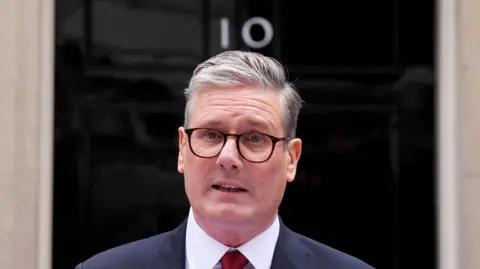Rochelle P. Walensky, the 19th director of the Centers for Disease Control and Prevention, discussed leading the CDC amid the Covid-19 pandemic and political strife at a Harvard Institute of Politics forum Wednesday evening.
Walensky said her appointment to helm the CDC marked a pivotal moment in her career, after she previously spent four years as chief of infectious diseases at Massachusetts General Hospital.
President Joe Biden’s decision to tap Walensky to lead the center in late 2020 — a time when the agency had become a focal point of public criticism amid the pandemic — initially shocked her.
“How could I ever possibly do this?” Walensky recalled asking herself.
During her tenure, Walensky said she combated the stigmatization surrounding Covid-19 vaccines to increase vaccination rates in order to rid the nation of “3,000 deaths a day.”
A large part of Walensky’s role during the pandemic involved finding a balance between quickly communicating information to the public while ensuring that any new guidance released by the CDC was accurate and backed up by data.
“I did my best to let people know what we know when we know it,” Walensky said.
Walensky called on the government to update the CDC’s currently “frail infrastructure,” arguing that the center lacks the adequate funding it needs to effectively fulfill its mission.
“I was getting data by fax machine,” she said. “That is unreal.”
Walensky, who previously taught at Harvard Medical School before her CDC appointment, received a standing ovation from attendees Wednesday evening. By Frank S. Zhou
Walensky also noted that the CDC and the Department of Health and Human Services receive significantly less funding than other federal agencies tasked with preparing the country to deal with matters of national security.
“The Defense Department for a pandemic is HHS, and we don’t have the budget that the Defense Department enjoys,” she said.
Walensky said another major moment during her early tenure was the CDC’s declaration of racism as a serious public health threat in April 2021.
“It was perceived as bold,” she said. “I was told I was the first one to make such a declaration for the agency.”
“I’m really proud to say that over 200 departments of public health have followed suit since that time,” she added.
During the event, Walensky also addressed the importance of maintaining distance between politics and the role of the CDC director. In particular, she took aim at legislation passed by Congress earlier this year that now requires the Senate to vote to confirm candidates selected to lead the CDC.
“In this very polarized situation that we find ourselves in right now, that actually will lead to more challenges than help,” she said of the need for the Senate to confirm future CDC directors.
Walensky, however, acknowledged that the role became more political during the pandemic as she had to brief reporters about Covid-19 at White House press conferences, which proved challenging for her as she did not previously have any experience in politics.
“I was really a deer in headlights coming in and I was just absorbing so much,” she said.
Walensky also said it took her some time to realize that people viewed her appearances at White House press briefings to discuss the pandemic as political acts.
“It wasn’t obvious to me that that was being perceived as political, rather than health,” she said.
However, when reflecting on her ability to effectuate public health policy changes during her tenure, Walensky said that leading a federal agency provided her with a unique power.
“One of the real gifts of being in the government is that then you can actually do something,” she said.



